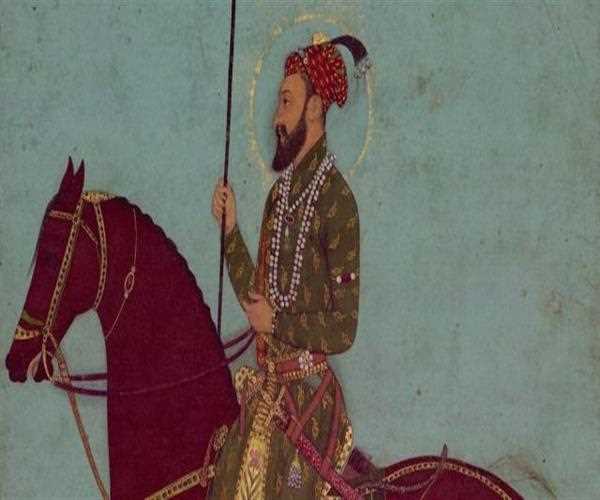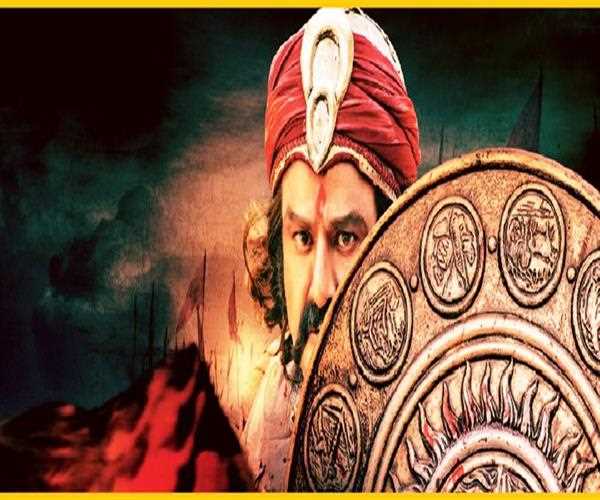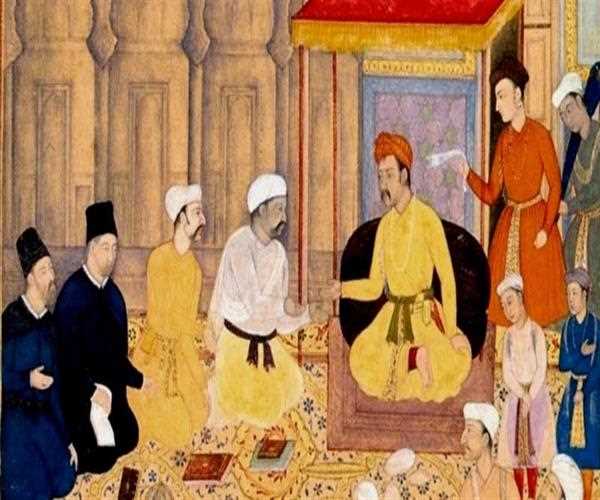
24-Jun-2023 , Updated on 6/26/2023 9:41:19 AM
Why Indian Muslims are categorized as the descendents of Aurangzeb
Highlights
- Indian Muslims are universally categorized as the descendants of Aurangzeb, but there is a historical association between Aurangzeb and some Muslim communities in India.
- Aurangzeb was a Mughal emperor who ruled over a significant part of the Indian subcontinent from 1658 to 1707.
- Aurangzeb's policies and actions, particularly his rigid implementation of Islamic law and his treatment of non-Muslims, have led to a perception among some that Indian Muslims who trace their ancestry to the Mughal era are descended from Aurangzeb.
- Aurangzeb's reign was marked by religious intolerance and the destruction of Hindu temples, which has contributed to negative perceptions of his rule.
- However, it is important to note that not all Indian Muslims trace their ancestry to the Mughal era, and there is a diverse range of ethnic and cultural backgrounds within the Indian Muslim community.
- The categorization of Indian Muslims as descendants of Aurangzeb is a simplification and generalization that overlooks the complex historical and cultural factors that shape the identity of Indian Muslims today.
Aurangzeb's policies regarding religion have been a subject of debate among historians. His reign witnessed the imposition of stricter Islamic laws, which some argue was a departure from the religious tolerance practiced by his predecessors. While Aurangzeb did demolish certain Hindu temples, it is crucial to recognize that he also made numerous contributions to Hindu temples and patronized Hindu scholars. His policies were motivated by political and religious factors rather than a singularly intolerant worldview
Aurangzeb is regarded by us as any other Mughal emperor. We don't see him as a hero or villain. During their time as colonists, the British made the long-forgotten king Aurangzeb public in order to divide Hindus and Muslims by writing false history about him and labeling him a religious zealot. Now the British politicians are reaping the benefits of using the long-dead king to further divide and unite the country.
They argue that Aurangzeb destroyed temples—he did, in fact, destroy a few of them, as did many other non-Muslim rulers of India, including the Marathas and Peshwas. Those two or three temples were demolished because they served as a hub for rebellions and the laundering of money for corrupt officials. Nobody even talks about the evil Brahmin king Pushyamitra Shunga, the founder of the Shunga dynasty. Pushyamitra Shunga was responsible for the deaths of numerous Buddhists, jains, and Shudras, as well as the destruction of non-brahmin religious sites. He was also responsible for the treachery that resulted in the death of the last liberated Buddhist mauryan emperor.

He was also accused of imposing a mandatory zakat tax on Muslims in addition to imposing Jizya taxes on non-Muslims. Aurangzeb was the only ruler at the time who conducted surveys and classified the population into three groups: poor, middle class, and rich. After paying the Jizya tax, the majority of rich people, who belonged to the upper class, were exempt from having to serve in the military. Nobody discusses the vile taxes known as Sardeshmukhi and Chauth that were imposed on numerous other kingdoms by Maratha ruler Shivaji. When Marathas didn't pay their taxes, they would raid bazaars and rape civilians. This went on until the last Maratha brahmin Peshwa was brutally defeated by his own Mahars, lower-caste people who were oppressed by him.
The Sardeshmukhi tax, which was 15% of a state's annual income, and the chauth tax, which was 40% of that state's annual income, were both required to be paid to the Maratha Chhatrapati and peshwas. Farmers, shepherds, shoemakers, barbers, wool workers, and other lower-caste individuals paid taxes in order for the kings of those particular states to accomplish this. Imagine the precarious situation of the poor Dalits, who used to pay the kings all oppressive taxes so that the king could pay the Marathas and protect his people from being raped and killed. Famines caused by humans killed thousands of people during the Mahatma era. Except for a few rulers, the caste system is still in place, and none of them cared to abolish it.
Let me tell you
The Mughal dynasty has two "poles" that have been established. One of Akbar's policies to unite India under a civil and religious code that allowed for assimilation rather than discrimination led to the concept of "Deen-e-Illahi" or "Deen-e-Akbari," which for its time, coming from a Muslim ruler, could be considered quite radical, almost on the fringe of dispossessing core Islamic ideology itself. As a result, Akbar is regarded as moderate and pluralistic. Islamic educators, particularly Mujadid-Alf-Sani, the Sheikh Sarhindi, fought hard against it.

Historians frequently attribute Akbar's pluralism, but they overlook his wars against Rajputana and other domains as he expanded his dominions and compelled major wars, particularly the Battle of Chitor, on the local Indian tribes and chieftains.
However, all historians agree that Akbar's reign was peaceful because, in the second half, he was able to control and monitor a liberal, pluralistic outlook for India, blending religions, cultures, and societies—not as an Afghan invader as was the norm in the 16th century, but as a truly "Indian" monarch.
Aurangzeb Alamgir, like most monarchs of his time, whether English, German, French, or Ottoman, obtained the throne by killing off his father and brothers, whom he is thought to have gotten rid of.
To make a living, he was strict, sowed caps, wrote copies of the Quran, and spent most of his time expanding the Empire or trying to punish mostly Hindu uprisings.
In addition, during his reign, he carried out the execution of Sikh religious reformer Guru Tegh Bahadur and waged an extended war of attrition against the Maratha prince Shivaji. Aurangzeb reportedly fought Shivaji for more than 19 years.
Additionally, it is believed that Aurangzeb institutionalized Islamization in India; A portion of this can be seen in the numerous works written about his imposition of "jizya" and the closing of temples and monasteries, both Hindu and Sikh.
The Portuguese, Spanish, and eventually English traders also began to enter India during Aurangzeb's reign. As the Mughal dynasty's finances began to deteriorate as a result of the ongoing struggle to put an end to uprisings in India, the first signs of its demise began to emerge.
To think about Akbar and Aurangzeb would uncover that both Mughal pioneers planned to control India, yet with contrasting systems through and through. Aurangzeb, on the other hand, spent much of his time suppressing uprisings and rebellions without much concern for political dexterity, whereas Akbar, a ruler who was unable to read or write, demonstrated greater proximity and intellect in controlling India through various means of social, political, and economic dexterity.
As a result, Muslims view Akbar and Aurangzeb as two Mughal emperors with distinct strengths and weaknesses. The majority of Muslims believe that Akbar overreached in his strategy to appease the Hindu majority and failed, and Aurangzeb's all-out strategy to defeat and dismember any opposition failed horribly and resulted in the amputation of the Mughal Empire and its eventual fall.
As both rulers were minority Muslims in a vast Hindu hinterland, it is difficult to draw a "good" or "bad" conclusion. However, it is fair to say that the majority of historians, if not all, view Akbar's reign as the epoch of the Mughals, whereas Aurangzeb's reign is viewed as the beginning of the end of that Empire.
But it cannot be justified that muslims should themselves be considered as like Aurangzeb.

SEO and Content Writer
I am Drishan vig. I used to write blogs, articles, and stories in a way that entices the audience. I assure you that consistency, style, and tone must be met while writing the content. Working with the clients like bfc, varthana, ITC hotels, indusind, mumpa, mollydolly etc. has made me realized that writing content is not enough but doing seo is the first thing for it.
Comments
Join Our Newsletter
Subscribe to our newsletter to receive emails about new views posts, releases and updates.
Copyright 2010 - 2026 MindStick Software Pvt. Ltd. All Rights Reserved Privacy Policy | Terms & Conditions | Cookie Policy